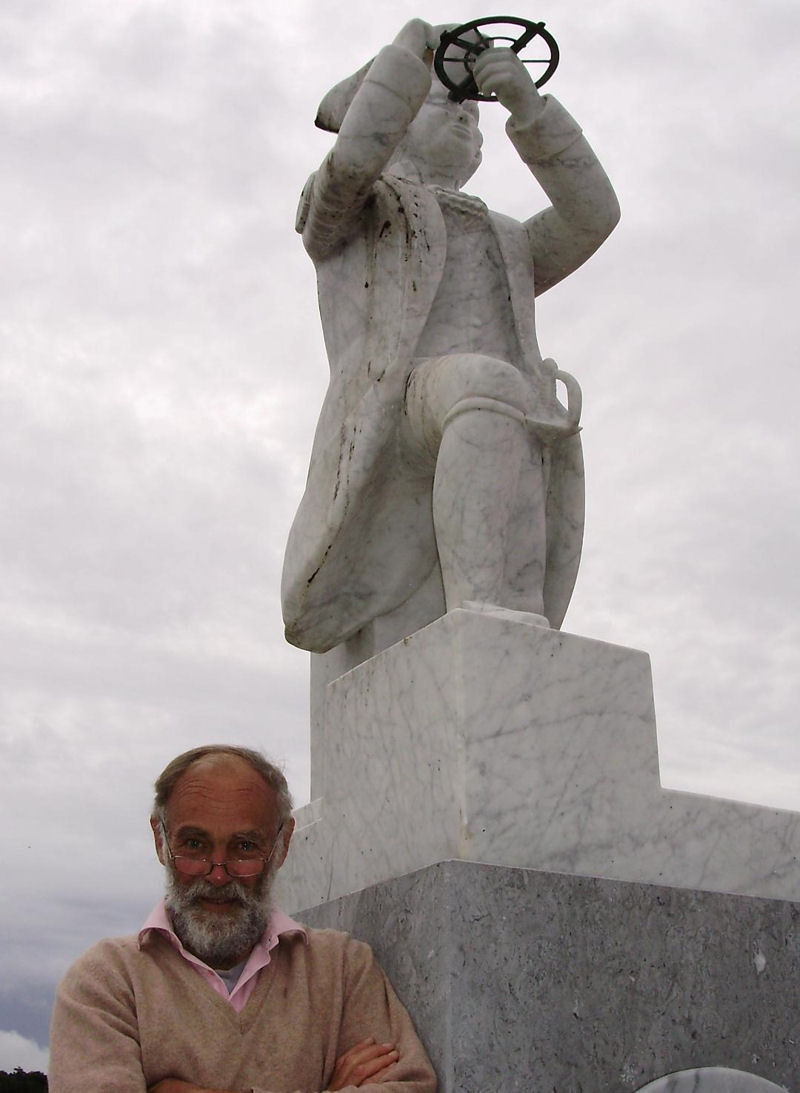2015-4, SNP get PR-STV for Westminster?
 Monday, May 11, 2015
Monday, May 11, 2015 A press release, calling for the SNP to get PR-STV for Westminster elections. And The Guardian published a version of this letter on 11th May,
Most MPs were not first-past-the-post because they didn't even reach it. Only 48.6 per cent of the MPs, 316 of them, were elected by a majority of their constituents. Yet they now use majority voting in parliament? See also 2015-3 and 2015-2.




